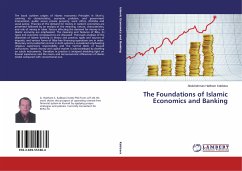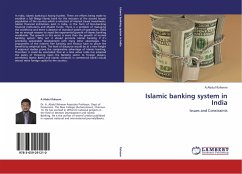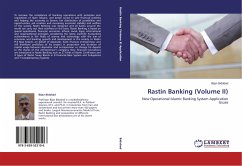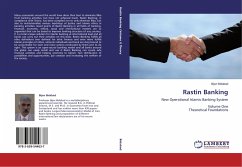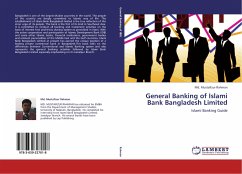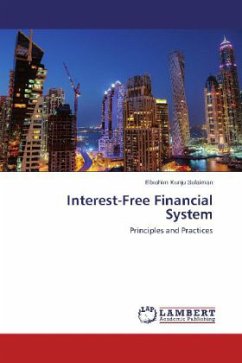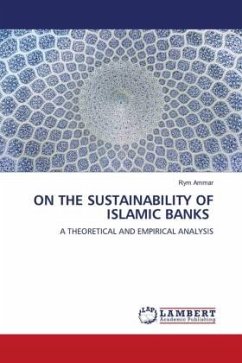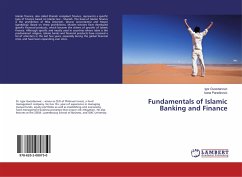The book outlines origins of Islamic economics Principles in Shari'a, covering its characteristics, economic problem, and government intervention, public versus private property, work ethics, Al-Hisba and social justice. Theories of the demand for money in western economies are presented followed by an analysis of the meaning, nature, characteristics, and role of money in Islam. Factors affecting the demand for money in an Islamic economy are emphasized. The meaning and features of Riba, its types and economic consequences are discussed. Thorough analyses of the objectives of Islamic banking in theory and practice, types and sources of deposits, and various forms of Riba-free financing operations are in order. Monetary and prudential control in both systems is considered emphasizing religious supervisory responsibility and the Central Bank of Kuwait instructions. Islamic money and capital market is acknowledged by dwelling on sukuk instruments. Transition in practice is analyzed shedding light on Kuwait experience and the macro and microeconomic efficiencies of Islamic model compared with conventional one.
Bitte wählen Sie Ihr Anliegen aus.
Rechnungen
Retourenschein anfordern
Bestellstatus
Storno

